
1. Energy regulation and peak valley filling: Industrial and commercial
distributed energy storage systems can store and release electricity based on
energy demand and supply, achieving energy regulation and peak valley filling.
Storing electricity during peak hours and releasing it during peak hours can
reduce the peak load on the power grid, improve grid stability, and greatly
enhance economic benefits, achieving the goal of energy cost reduction.
2. Adjustable energy storage capacity: The energy storage capacity of
industrial and commercial distributed energy storage systems can be adjusted
according to demand. Enterprises of different scales can choose energy storage
capacity that is suitable for their own energy consumption and production
characteristics to meet different electricity needs.
High energy efficiency: Distributed energy storage systems typically use
energy storage technologies, such as battery energy storage system capacitors.
These technologies have high energy conversion efficiency, which can effectively
convert electrical energy into stored energy and release it again, reducing
energy waste.
3. Sustainable development: Industrial and commercial distributed energy
storage systems are usually combined with renewable energy generation systems,
such as solar photovoltaic or wind power generation. By combining renewable
energy with energy storage systems, sustainable energy utilization can be
achieved, dependence on traditional energy can be reduced, and negative impacts
on the environment can be minimized.
4. Enhance power system stability: Distributed energy storage systems can
provide backup power sources and short-term power supply capabilities, providing
emergency power support in the event of power system failures or power outages.
This helps to improve the stability of the power system and reduce the impact of
power outages on industrial and commercial users.
5. Energy management optimization: Industrial and commercial distributed
energy storage systems are usually combined with energy management systems (EMS)
to achieve optimized management of energy flow by monitoring and controlling
energy consumption and storage. By implementing intelligent energy management
and improving energy utilization efficiency, a win-win situation can be achieved
for both economic and environmental benefits.
In summary, industrial and commercial distributed energy storage systems
have the characteristics of energy regulation and peak valley filling,
adjustable energy storage capacity, high energy efficiency, sustainable
development, enhanced power system stability, and optimized energy management.
These characteristics make distributed energy storage systems an important
choice for industrial and commercial users in energy management and sustainable
development.
Read recommendations:
power portable station
foldable solar panel
home energy storage battery
Sale portable rechargeable power station.What are the aspects of the operation and maintenance plan for distributed photovoltaic power plants?
Lithium ion battery energy storage helps sustainable development






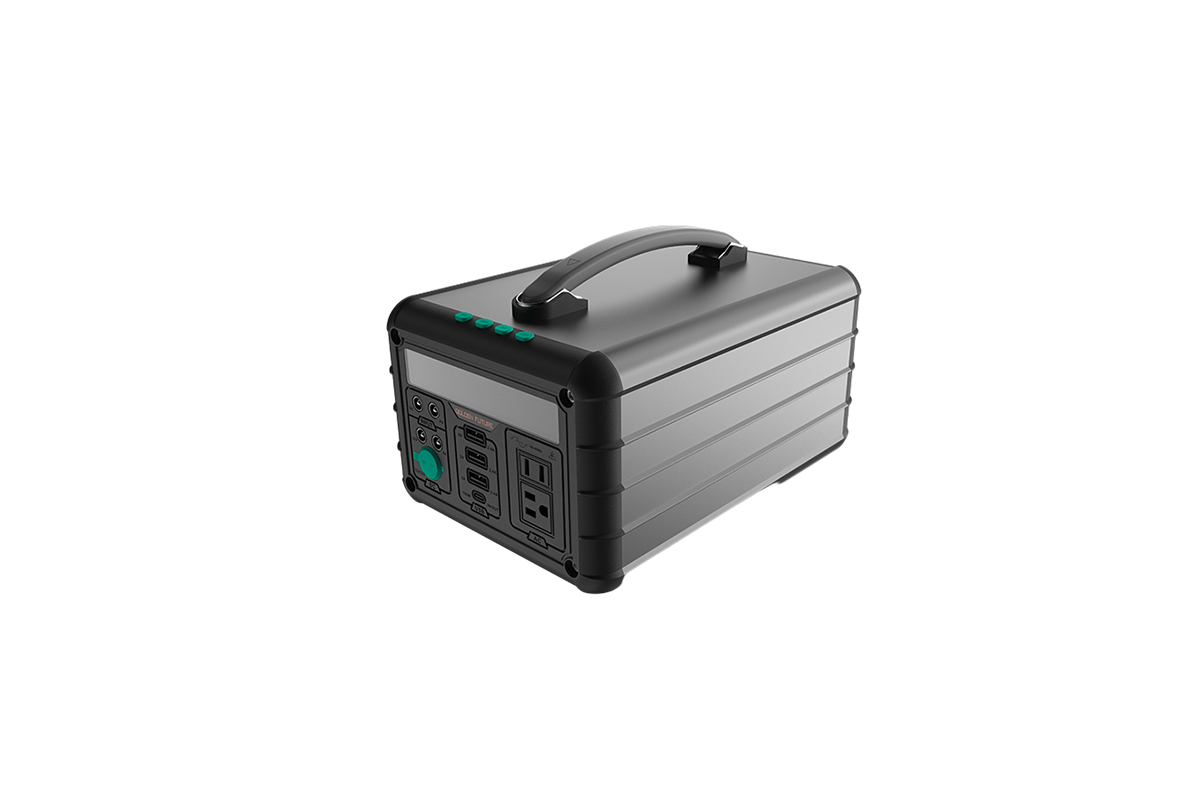
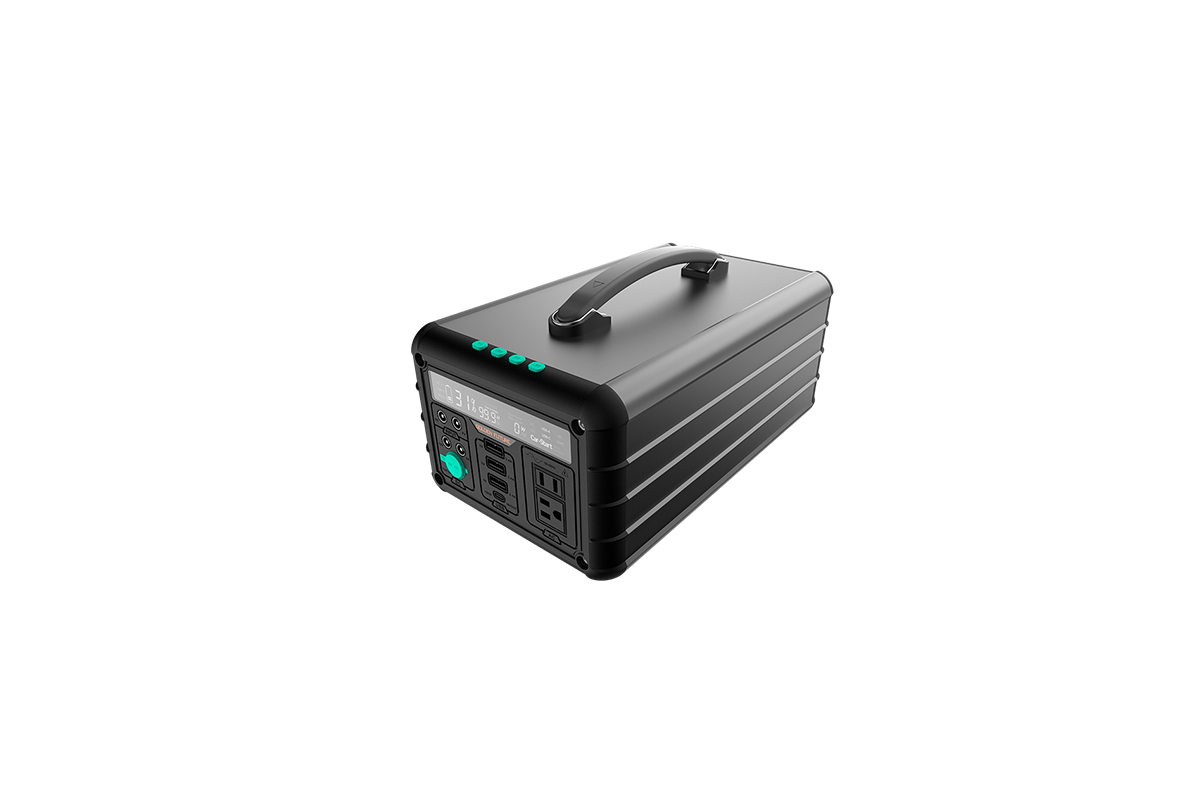
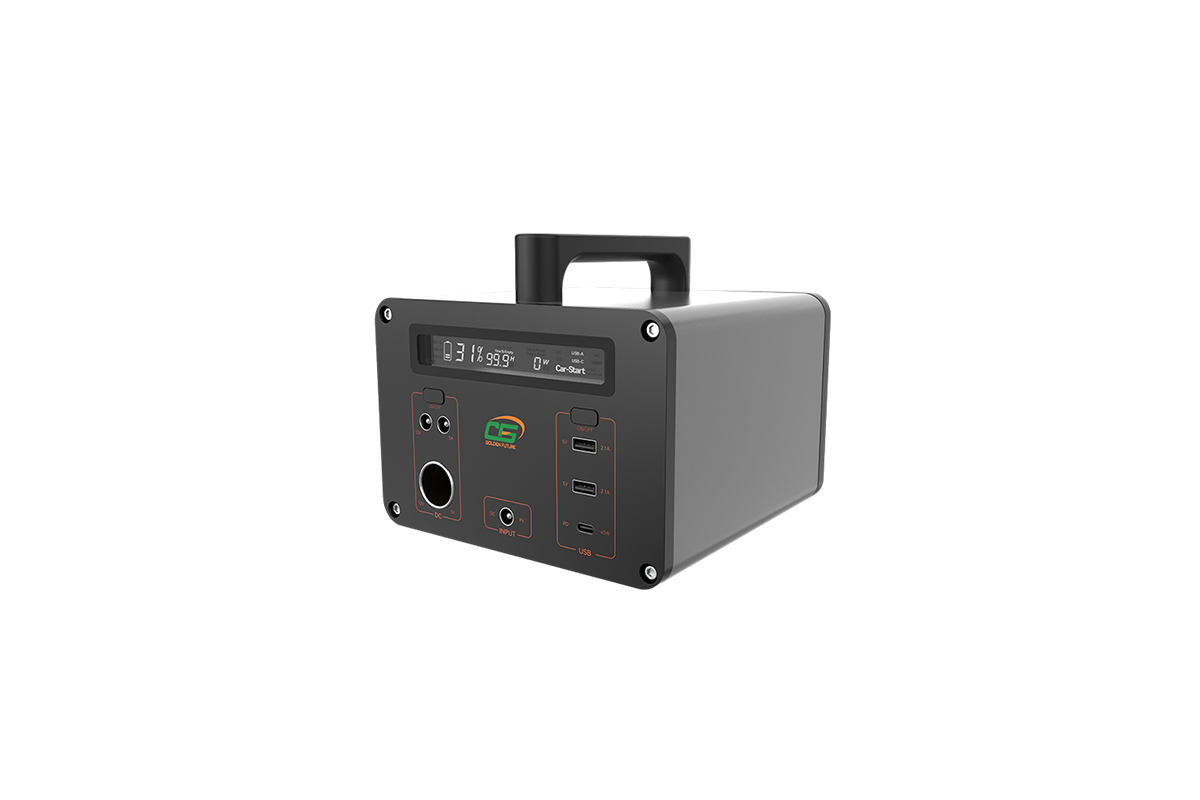
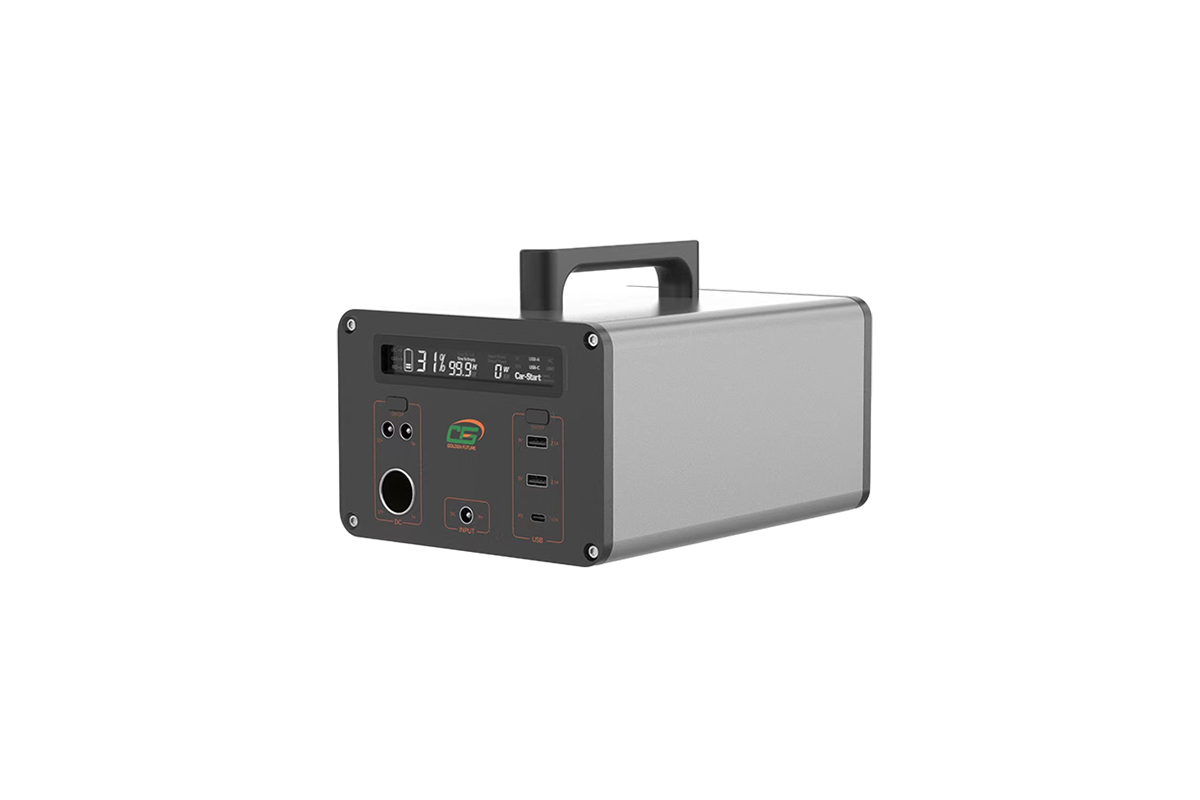
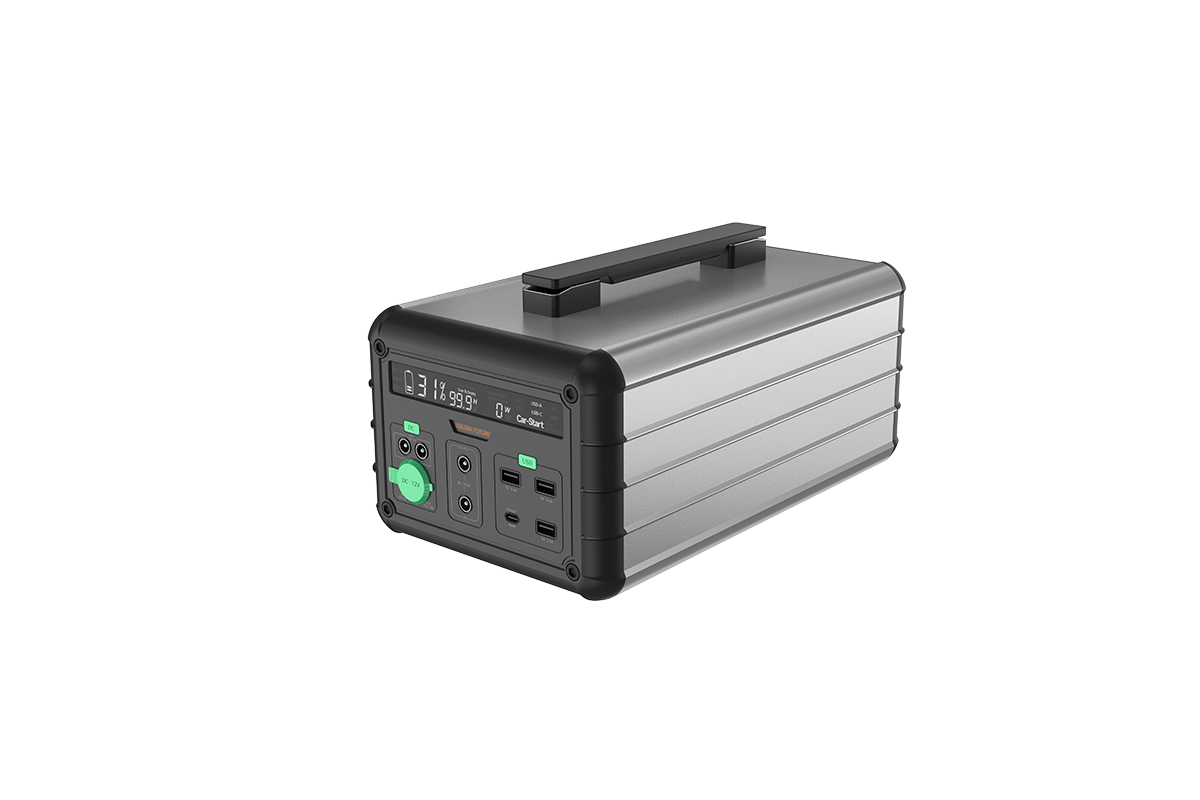
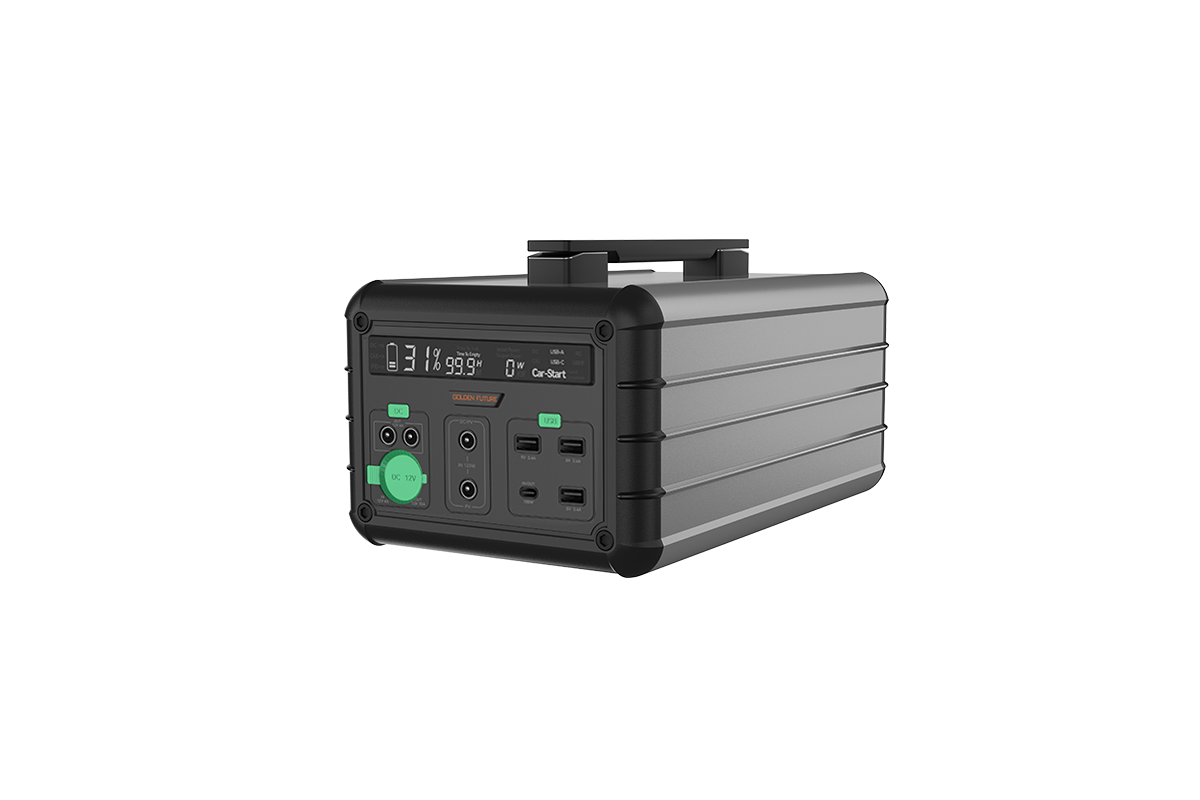
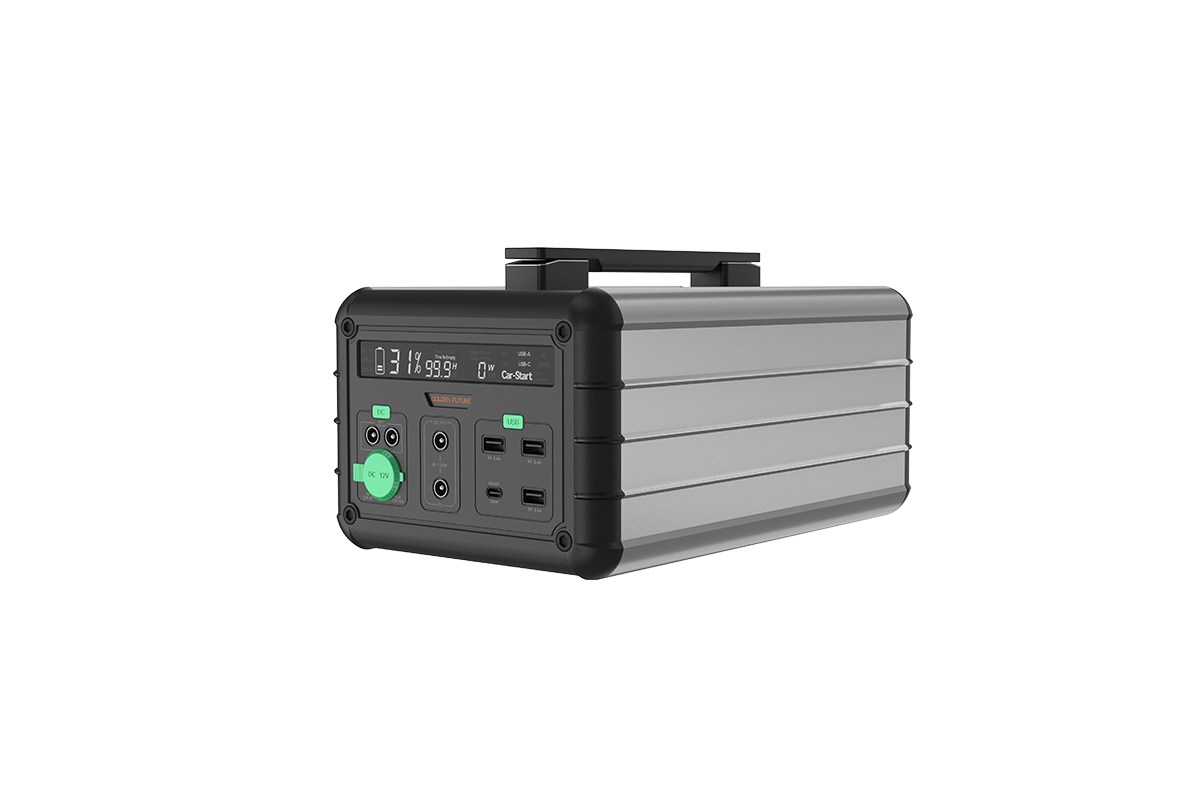
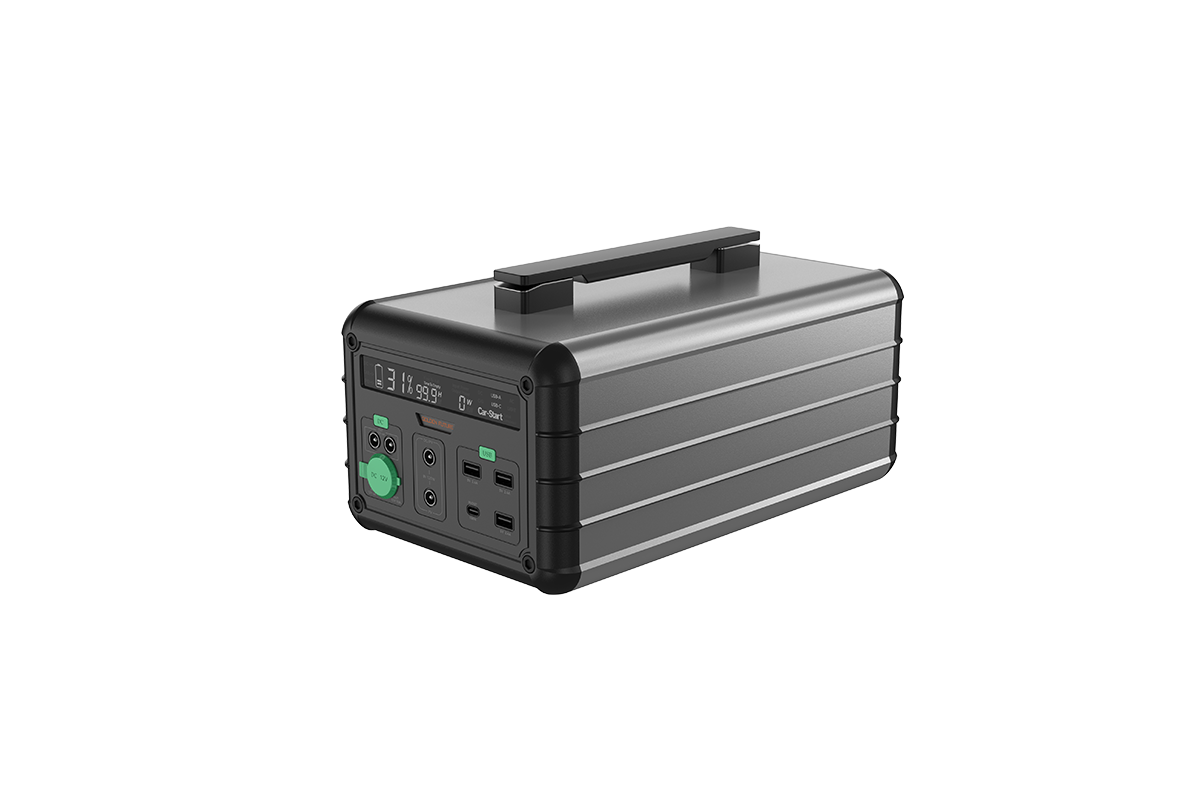
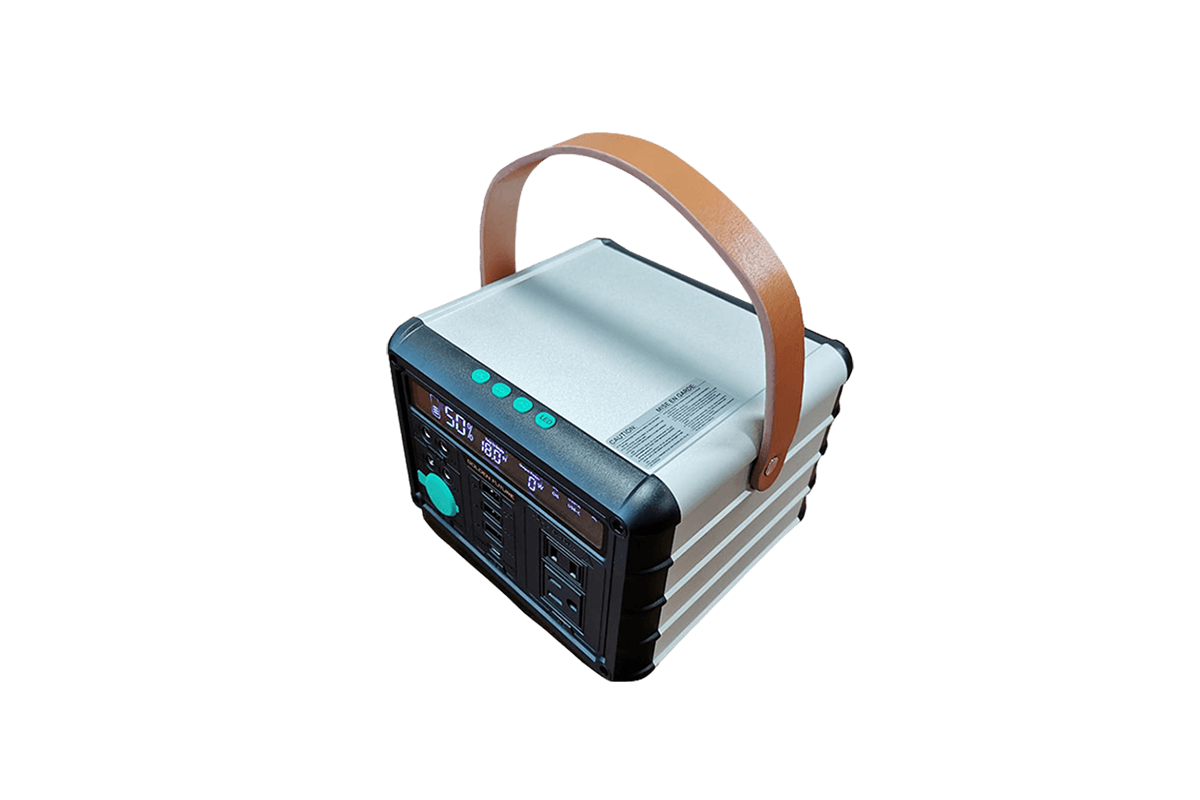
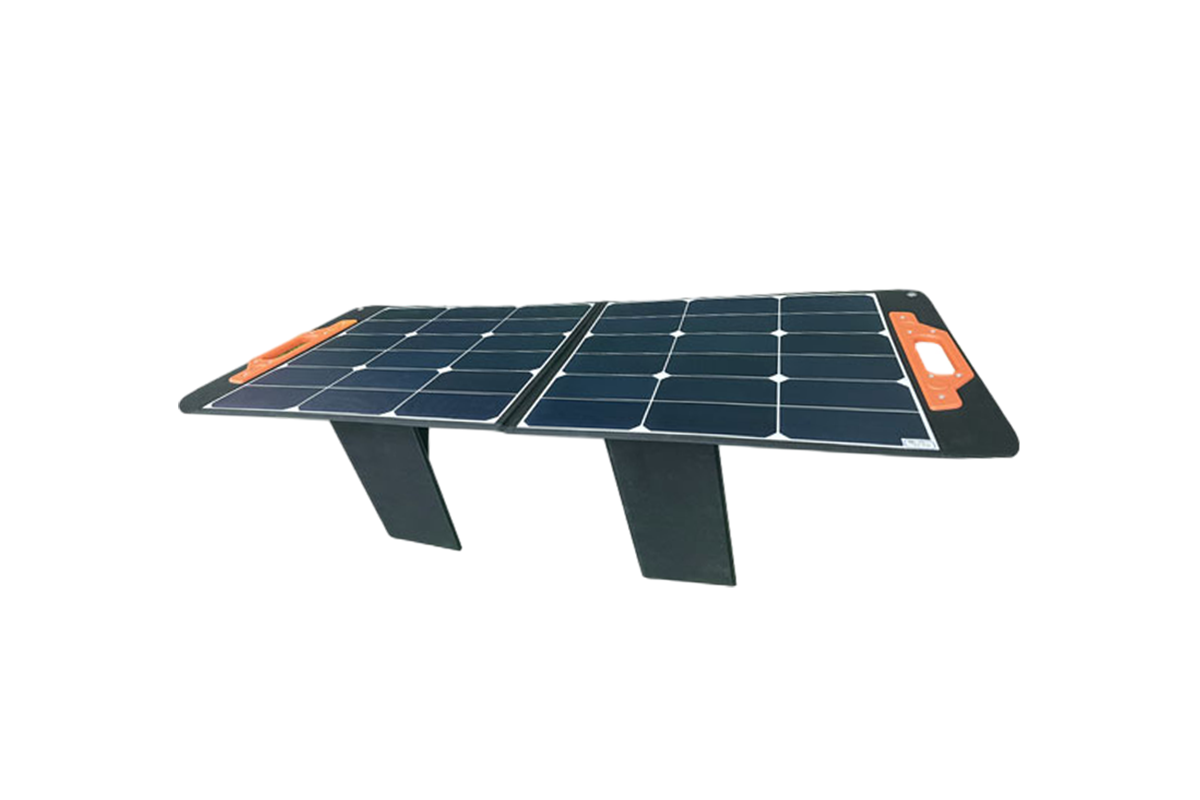
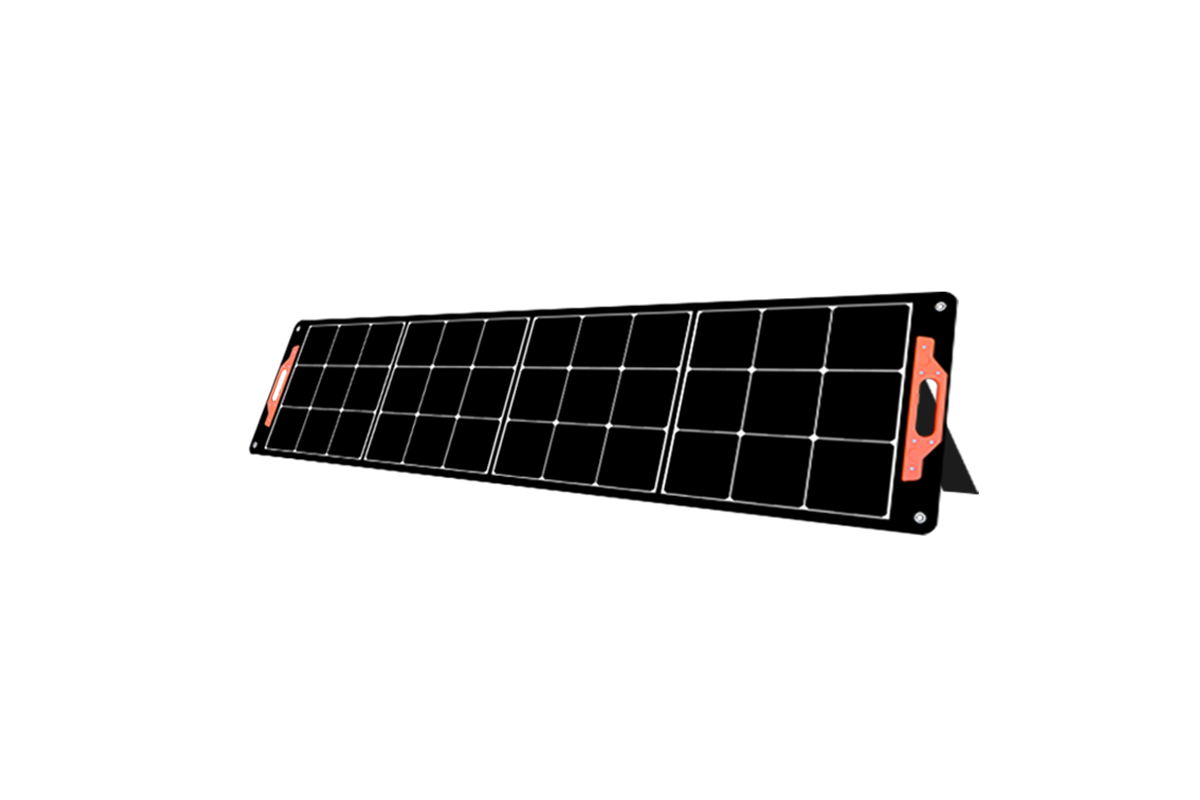


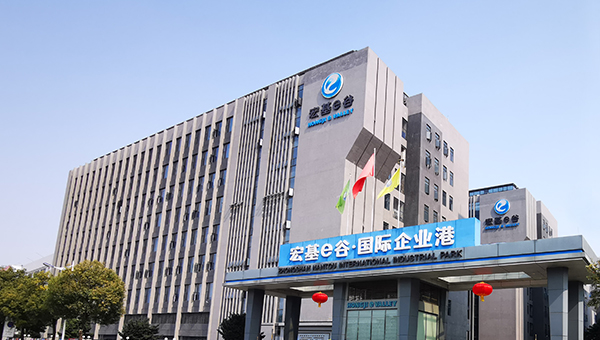




 Home >
Home > 








 Inquiry
Inquiry